A recent study by Johns Hopkins researchers reveals a link between exposure to antibacterials and preservatives found in personal hygiene products such as soap and toothpaste, and a propensity to food and environmental allergies. Researchers reported that there was a link between the amount of exposure to the chemicals and a risk for allergies, as measured by levels circulating antibodies to certain allergens in a child’s urine. This does not necessarily mean that the chemicals in the products cause the allergies, but it suggests that they might impact the development of the immune system, researchers say.
This study is consistent with the “hygiene hypotheses,” which is a possible explanation for the increased rates of allergies in developed countries. The hypotheses suggests that early exposure to pathogens is necessary for normal immune system development, and when antibacterial products cause a child’s body to develop high levels of antibodies, these children have a higher risks of allergies.
To further investigate to possible relationship between antimicrobial agents and allergies, researchers are planning a more long-term study. Hopefully, this study will reveal more conclusive results.

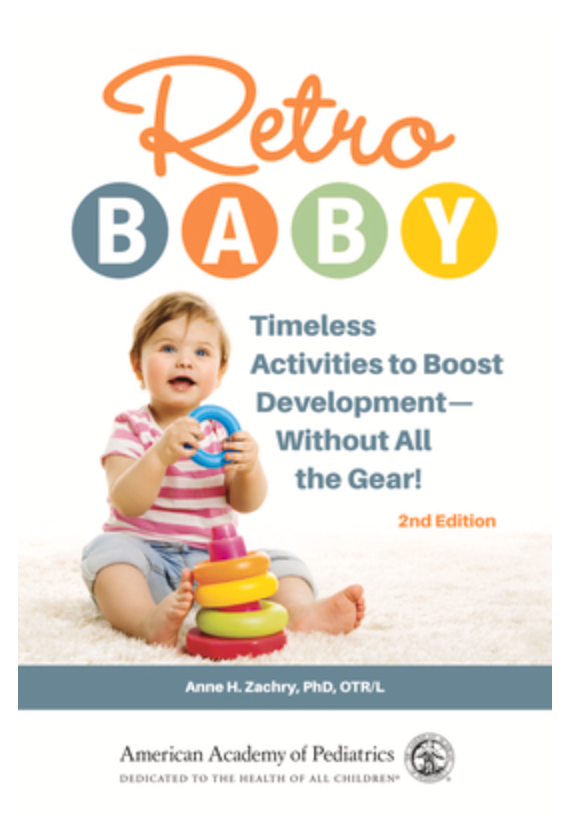

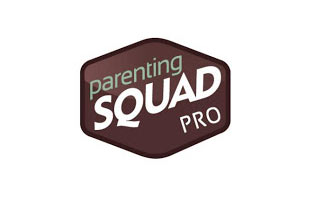
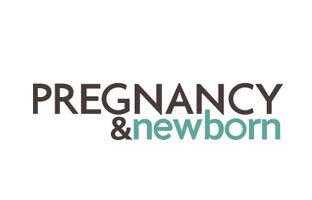


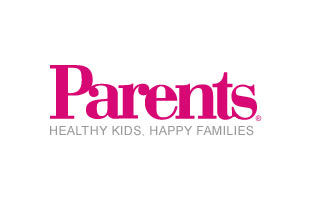
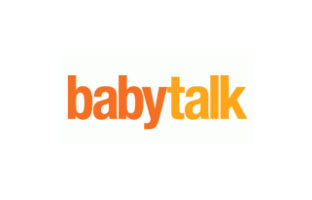
Leave a Reply
You must be logged in to post a comment.